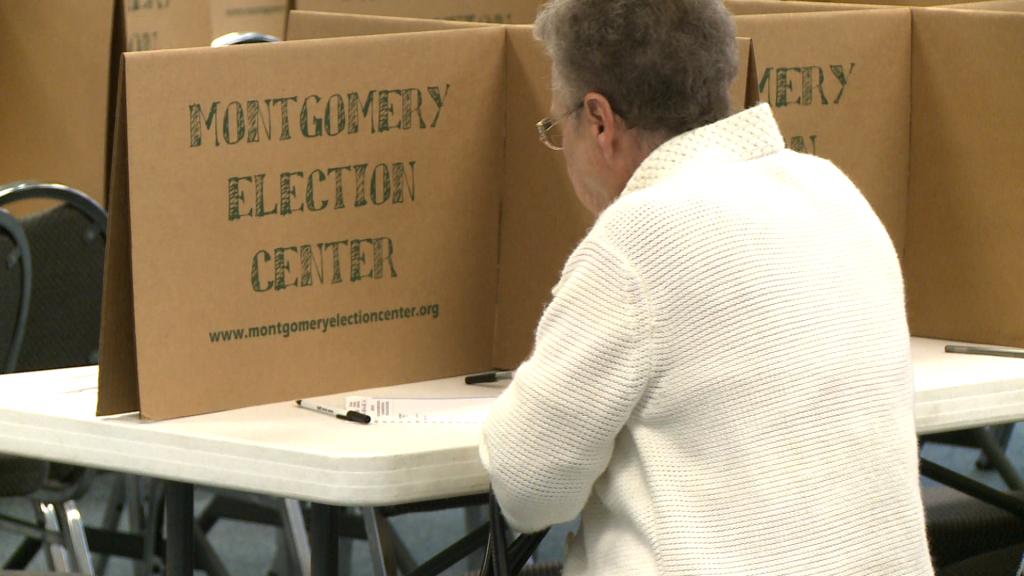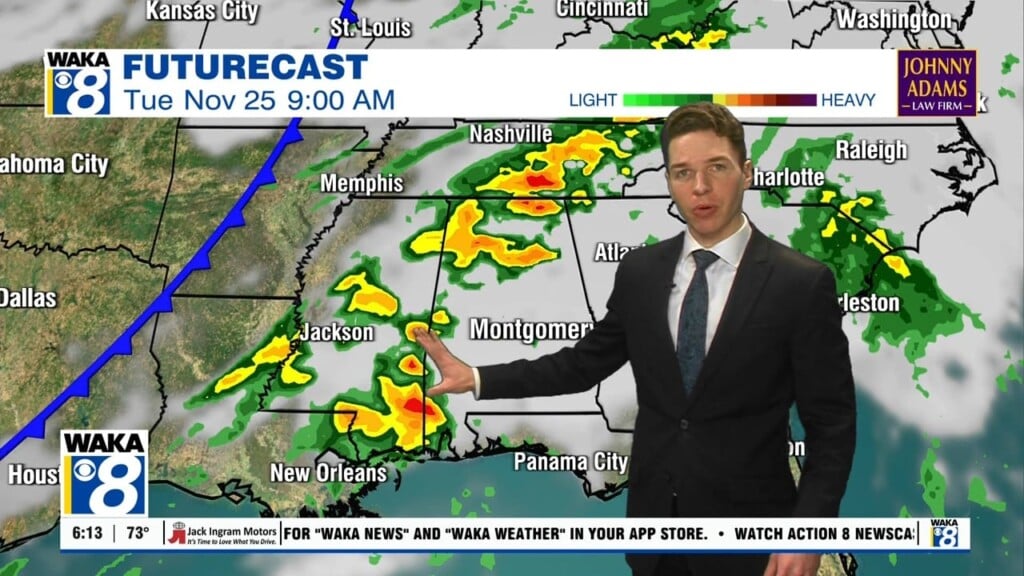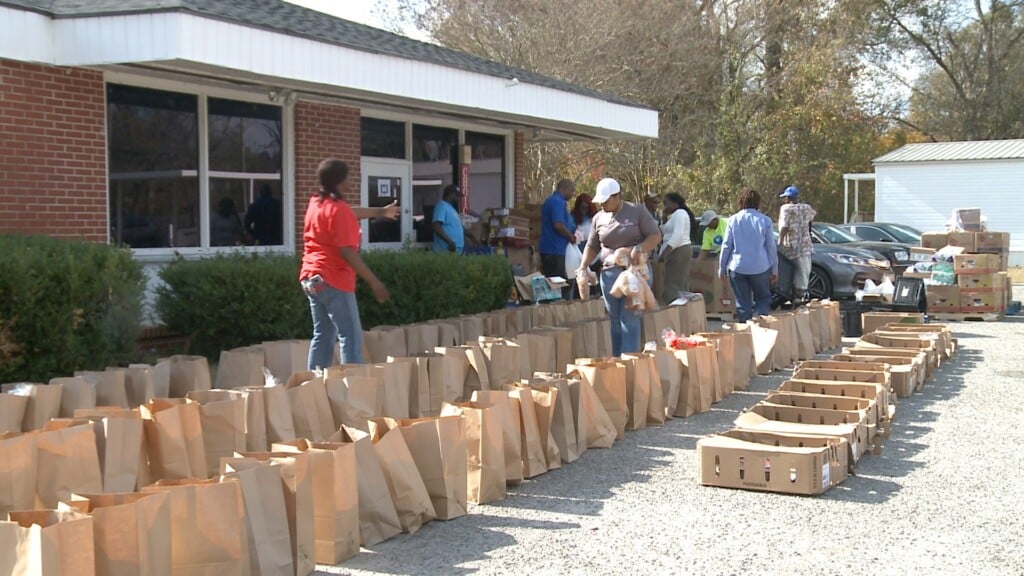Alabama Joins SEC Primary

[gtxvideo vid=”xaDUAGIE” playlist=”” pid=”XiOflQdH” thumb=”http://player.gtxcel.com/thumbs/xaDUAGIE.jpg” vtitle=”Alabama Joins SEC Presidential Primary”]
Alabama has its sights set on next year’s presidential primary.
A new bill signed into law moves the date a week earlier, along with several other southern states in what’s been dubbed the SEC primary.
The idea is to make the state a top destination for the campaign trail next year.
It’s also a way to hopefully boost voter turnout.
There’s already a long list of candidates hoping to earn the title of Commander and Chief next year.
And leaders in Alabama want to play an important role in deciding who’s on the ballot next November.
“We’ve had contact with several people that are running for the republican presidential nomination and two candidates that have indicated their interest in the democratic nomination. Because we want everybody to come here because we want all of our citizens to meet as many candidates as they possibly can,” said Alabama Secretary of State John Merrill.
By shifting the state’s primary to March 1st next year, Alabama will be one of the first state’s to cast ballots for party nominations. Other state’s joining the SEC primary include Georgia, Arkansas and Tennessee.
This isn’t just a republican idea either. The bill signed by Governor Robert Bentley was sponsored by Senate Minority Leader Quinton Ross. The heads of both the state democratic and republican parties were on hand as well.
“You find that you have more things in common than not. When you think of this legislation that we passed today, you find we have a common goal, and that’s to put Alabama center stage during our presidential elections and I think we’ll accomplish that with this legislation,” said Ross.
Secretary of State John Merrill also hopes this can address a big problem in the state, voter turnout. Last November’s Gubernatorial election drew less than half of registered voters.
“We know there’s more than 1.2 million eligible voters in our state who are not registered. We want to identify those people, we want them to see a need to participate and when they have a chance to interact with these candidates it becomes personal to them,” said Merrill.






